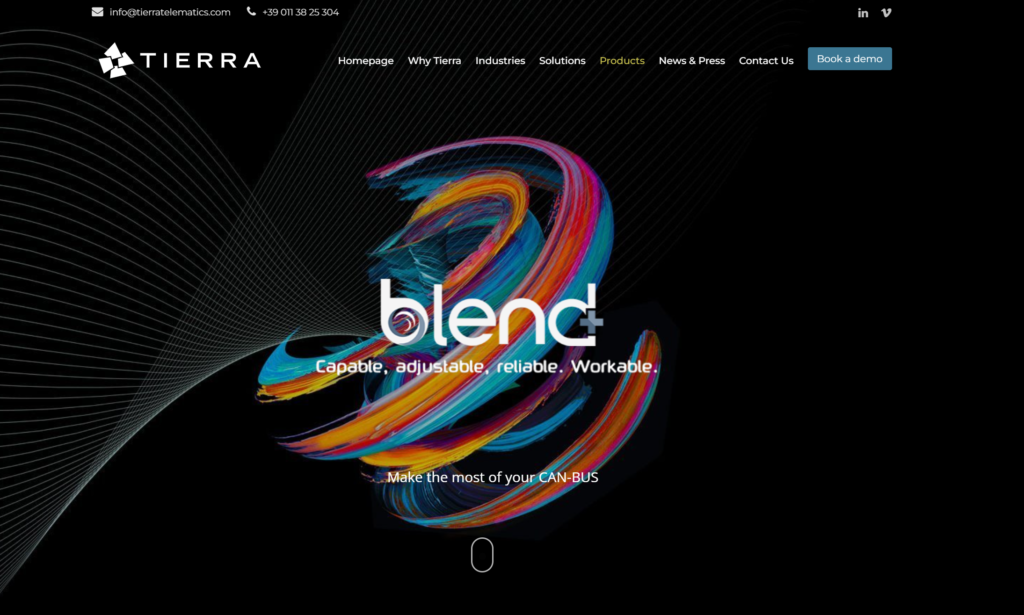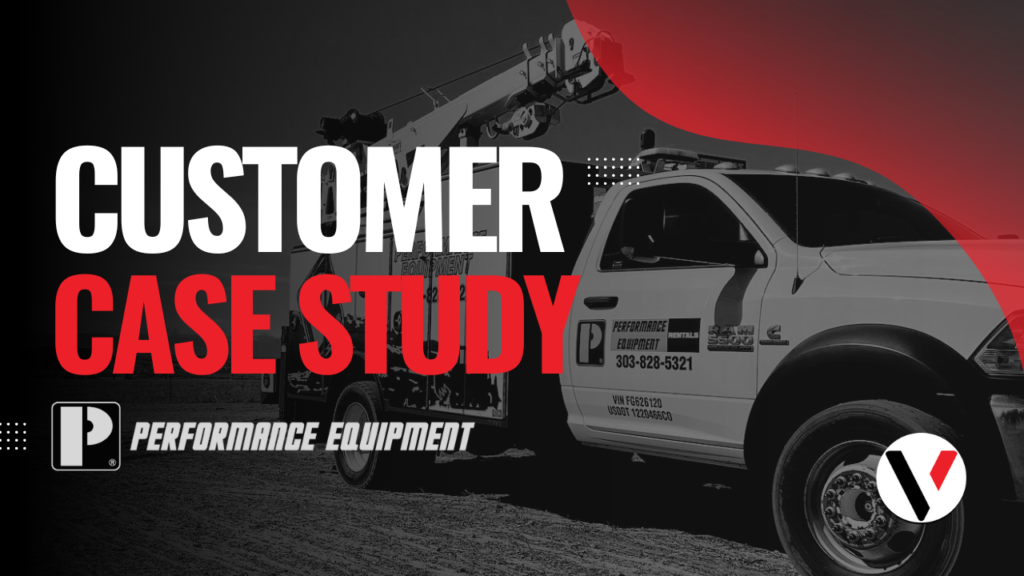When it comes to running a heavy equipment dealership, efficiency and accuracy are paramount. One of the most significant investments a dealership can make is in its Dealer Management Software (DMS). This system is the backbone of operations, influencing everything from inventory management to customer relationships. However, with the myriad of options available, choosing the right DMS can be a daunting task. Here are the critical questions every heavy equipment dealership should ask when evaluating new dealer management software solutions.
1. Is the Software Scalable?
Your dealership might be small now, but it’s vital to consider future growth. A scalable DMS should handle increased load without compromising performance. This ensures that as your operations expand, you won’t need to look for a new system.
As your dealership grows, so will your needs. It’s essential to select a DMS that can scale with your business.
Be sure to ask these following questions as it pertains to scalability:
- Can the software handle an increase in inventory, customers, and transactions?
- Does it support multi-location, multi-division or line of business management if you expand to new sites?
- If you plan to open new locations, your DMS must support centralized management of all sites. This includes synchronized data and seamless communication between locations, and the financial dimensions to measure each.
- Are there additional modules or features that can be integrated as needed?
- Scalability also means the ability to add new functionalities. Whether it’s advanced reporting, CRM capabilities, or service management, your DMS should offer modular expansions to grow with your needs.
2. How User-Friendly is the Interface?
Your team’s efficiency heavily depends on how easily they can navigate the software. A complicated, unintuitive system can lead to errors and frustration.
- Is the interface intuitive and easy to learn as most social and other modern websites are?
- A user-friendly interface minimizes the learning curve, allowing your team to become productive quickly. Look for software that offers logical workflows and clear navigation.
- How long will it take for staff to be trained and proficient in using the software?
- Time is money. Consider how long it will take for your staff to be trained. Effective training programs and resources are crucial for smooth transitions.
- Are there customization options to tailor the interface to your specific workflow?
- Every dealership operates differently. Customizable interfaces enable you to adapt the software to match your specific processes, improving overall efficiency and user satisfaction.
3. What Kind of Support and Training is Available?
Even the best software can encounter issues, and your team will need support and training to get the most out of it.
- What training options are available (e.g., in-person, online, self-paced)?
- Training is essential for maximizing software utility. Ensure the vendor offers comprehensive training programs suited to different learning preferences both for initial launch and new hires.
- Is there 24/7 customer support, and what are the available channels (phone, email, chat)?
- Reliable support is crucial for resolving issues promptly. Check the availability and responsiveness of the support team, and ensure they offer multiple communication channels.
- Are there additional costs for support and training?
- Hidden costs can strain your budget. Clarify if support and training are included in the package or if they incur additional fees. This helps avoid unexpected expenses.
- Do the Support staff understand your business to understand your goals?
4. How Does the Software Handle Inventory Management?
Inventory management is a critical component for any dealership. You need to know:
- Does the software provide real-time inventory tracking?
- Real-time tracking helps you manage stock levels accurately, preventing overstock and stockouts. This is particularly important for a heavy equipment dealership where inventory is costly and varied.
- Can it manage and track parts as well as full equipment?
- Your DMS should handle all types of inventory, including small parts, components, attachments and large machinery. This ensures comprehensive management and tracking across all categories.
- How does it handle backorders and special orders?
- The ability to manage backorders and special orders efficiently ensures customer satisfaction. The system should provide clear visibility and status updates for such orders.
- Does it integrate with your current supply chain and logistics systems?
- Seamless integration with existing systems streamlines operations and reduces manual data entry. This helps maintain data accuracy and operational efficiency.
5. What Are the Reporting and Analytics Capabilities?
Data-driven decision-making is key to running a successful dealership. Ensure the DMS offers robust reporting and analytics.
- What standard reports are available, and can you create custom reports?
- Standard reports provide a quick overview of key metrics, while custom reports allow for in-depth analysis tailored to your specific needs.
- Can the system provide real-time data and insights?
- Real-time insights enable proactive decision-making. Ensure the system offers up-to-date data to monitor performance and respond swiftly to changes.
- How easy is it to extract and interpret the data?
- User-friendly reporting tools and dashboards help in extracting meaningful insights. Look for software that offers clear visualizations and easy data export options.
- Can you use existing Reporting and Analysis software tools to access your data, or are you limited to older embedded reporting technologies?
6. Is the Software Compatible with Your Existing Systems?
Integration with your current systems can save time and reduce errors a modern platform is all about integration.
- Does the DMS integrate with your existing accounting, CRM, and ERP systems?
- Compatibility with existing systems ensures seamless operations. Verify that the DMS can integrate smoothly with your current software stack.
- How seamless is the data migration process from your old system to the new one?
- Data migration can be complex. Ensure the vendor offers tools and support for a smooth transition, minimizing downtime and data loss.
- Are there APIs available for further integrations if needed?
- APIs facilitate custom integrations and extend the functionality of your DMS. Check if the vendor provides well-documented APIs for future needs.
7. What Are the Security Features?
Protecting your dealership’s data is non-negotiable.
- What security measures are in place to protect sensitive data from Cybersecurity Incidents?
- Ensure the DMS has robust security protocols, including encryption, to protect against data breaches and unauthorized access.
- Is the data encrypted both in transit and at rest?
- Encryption safeguards data during transmission and storage. Verify that the software uses industry-standard encryption methods.
- Does the DMS have robust Identity Management with secure authentication
- How are user roles and permissions managed to ensure only authorized personnel have access to specific information?
- Role-based access controls help manage permissions and ensure that sensitive information is accessible only to authorized personnel. This reduces the risk of internal data breaches.
8. What Are the Costs Involved?
Understanding the full cost of ownership is crucial for budgeting and financial planning.
- What is the initial and implementation cost of the software?
- Consider the upfront cost of purchasing or licensing the software. This is a significant part of your investment.
- Are there recurring fees (monthly or annual)?
- Recurring costs, such as subscription fees, should be factored into your budget. Ensure you understand the frequency and amount of these fees.
- Most modern platforms continuously roll out enhancements and upgrades.
- What additional costs might arise (e.g., for upgrades, support, additional modules)?
- Additional costs can add up over time. Clarify any potential expenses related to upgrades, extended support, or adding new functionalities.
- Does the vendor insist on long term contracts?
9. Can the Software Improve Customer Relationships?
Customer satisfaction is critical for repeat business and referrals.
- Does the software include a CRM component or integrate with one?
- A CRM helps manage customer interactions and improve service quality. Ensure the DMS includes or integrates with a robust CRM system.
- How does it help manage customer interactions and follow-ups?
- Effective customer management includes tracking interactions and scheduling follow-ups. The DMS should offer tools to streamline these processes.
- Can it track customer history and preferences to personalize service?
- Personalized service builds loyalty. Ensure the software can track customer history and preferences, enabling your team to offer tailored solutions.
10. What Do Current Users Say About the Software?
Hearing from other dealerships can provide valuable insights.
- Are there case studies or testimonials available?
- Case studies and testimonials provide real-world examples of how the software benefits other dealerships. They can highlight strengths and potential challenges.
- Can you speak directly with current users for their feedback?
- Direct conversations with current users offer honest feedback and practical insights. Request references from the vendor to facilitate these discussions.
- What is the vendor’s reputation in the industry?
- A vendor’s reputation reflects their reliability and commitment to customer satisfaction. Research industry reviews and ratings to gauge their standing.
Conclusion
Choosing the right Dealer Management Software is a significant decision that can impact every aspect of your dealership’s operations. By asking these critical questions, you can ensure you select a solution that not only meets your current needs but also supports your future growth and success. Take your time, involve your team in the decision-making process, and don't hesitate to seek expert advice if needed. The right DMS will be a cornerstone of your dealership’s efficiency, profitability, and customer satisfaction.
Your choice should align with your business's specific needs and long-term goals. Carefully consider factors such as cost, implementation, maintenance, customization, utilization, and access to your data when making this critical decision. Ultimately, the right choice will help you maximize the productivity and profitability of your business.
For more tips on optimizing your dealership’s operations and embracing new technologies, stay tuned to our blog. If you have any questions or need personalized advice, don’t hesitate to reach out to our team of experts!





